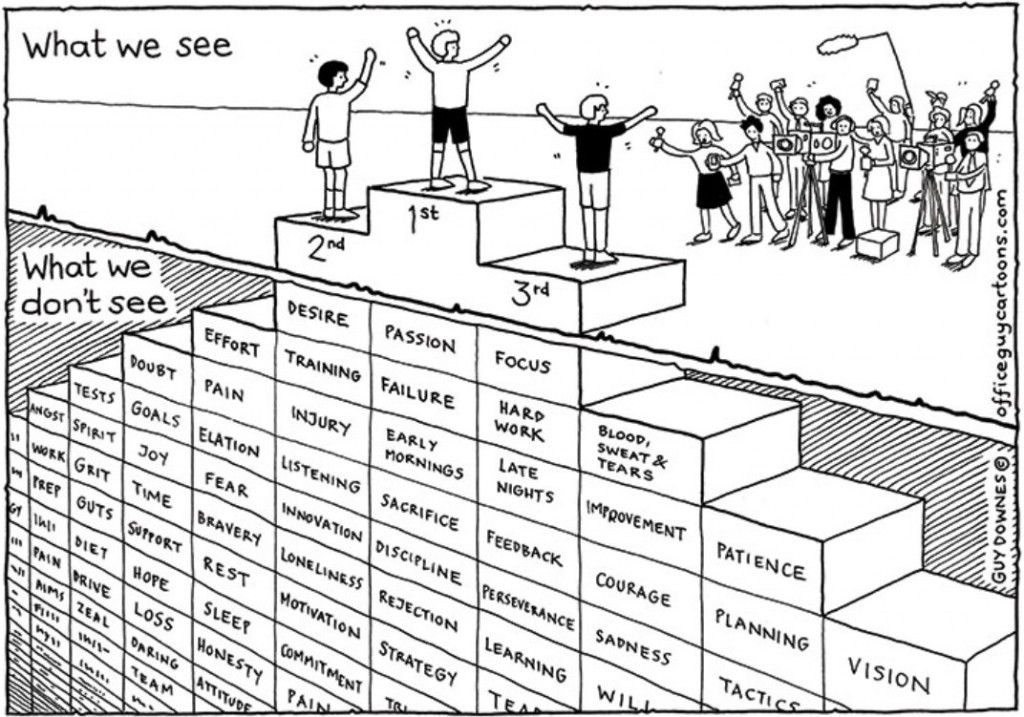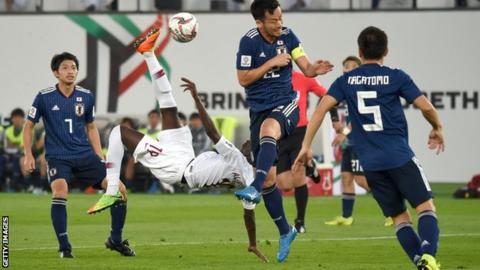
Handbook of Embodied Cognition and Sport Psychology
Massimiliano Cappuccio (Ed.)
Cambridge, MIT Press
2019, 26 chapters, 740 pages
Although sport is played with the body, it is won in the mind.
(Aidan Moran, Sport and Exercise Psychology, 2004)
From the Introduction (Massimiliano Cappuccio)
Today, to clarify the mission and the scope of sport psychology requires understanding the deep intertwinement of “body” and “mind” within the framework of cognitive science and cognitive philosophy. That is one of the reasons a joint venture between sport psychologists and cognitive scientists—including, importantly, cognitive philosophers—is a must.
This volume is composed of seven sections. With the help of multidisciplinary teams of researchers, each section explores a particular area of thematic interest situated at the intersection of embodied cognitive science and sport psychology.
Section 1 presents the key notions and concepts necessary to lay the theoretical foundation of our interdisciplinary discourse. The very meaning of embodied cognition, and the reasons that make it relevant to the theory and practice of sport psychology, are introduced and discussed.
Section 2 tackles one of the issues that most seriously concerns athletic performance: the nature of embodied skill, its cognitive preconditions, and the factors that disrupt it. A correct understanding of the roles played by attention, self-awareness, and conscious- ness is key to developing a consistent theoretical account of both sport performance in optimal conditions and its failure in pressure-filled environments (the so-called choking effect).
Section 3 talks about the role of sport pedagogy inspired by the embodied theory, how cognitive enhancement is facilitated when accompanied by an appropriate regime of physical exercise and training.
Chapter 11 investigates an issue that is hotly debated by scientists and various categories of people working in the sport business: What is talent, and how can it be identified? Is it an inherited gift or the result of long and hard training? According to the authors philosopher Mirko Farina and sport psychologist Alberto Cei, the answer suggested by embodied cognition is articulated and complex: appropriate practice and intense experience during optimal periods of development, characterized by higher rates of neuroplasticity, can express and maximize the innate potential if accompanied by environments conducive to learning and well-designed training methods.
Section 4 is dedicated to the intersubjective and social dimension of sport skills, with a particular emphasis on team sports and other competitive athletic disciplines.
Section 5 discusses the best research methods in the social sciences for developing the sociological, anthropological, and cultural side of sport practices.
Section 6 deepens the theoretical background: according to the ecological approach to perception, objects are not just neutral sources of visual information, but “invite” the actions allowed by their shapes and their intrinsic possibilities of manipulation.
Section 7 inquires about the source of the mind’s predictive capabilities. This inquiry, central for both the tradition of philosophical psychology and the future of embodied cognition, is particularly debated now that predictive processing theory promises to unify the understanding of various mental functions (perception, imagination, memory, inference) under the same general Bayesian mechanics: the brain’s fundamental goal is to reduce the mismatch between sensory input and the corresponding predictions generated by feedforward systems.







